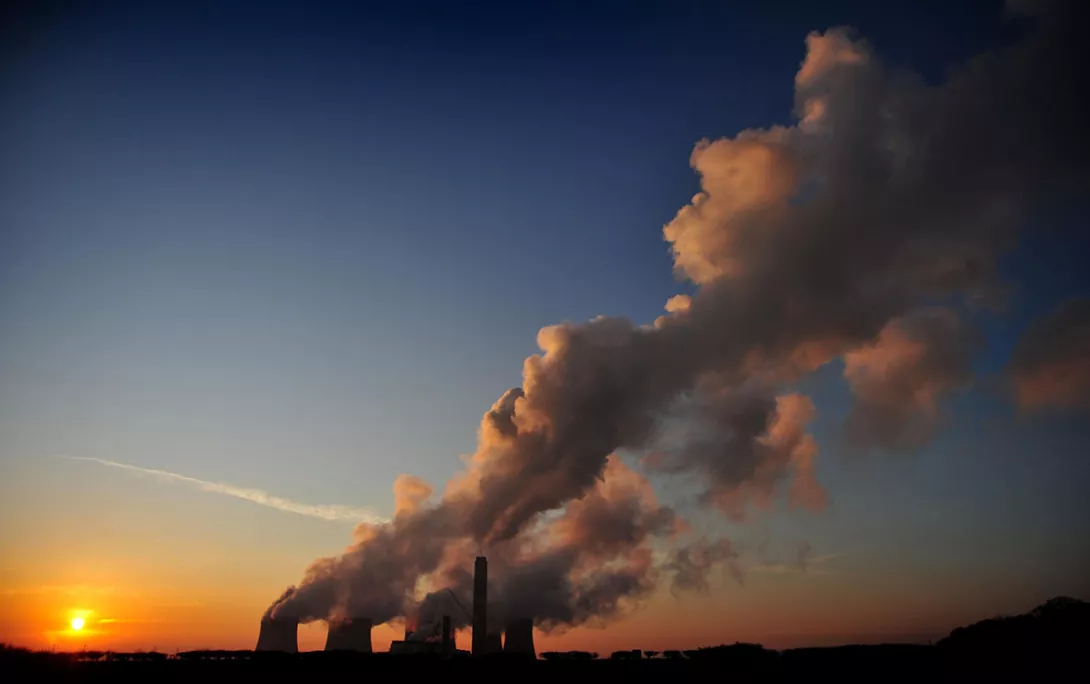VIJAY PRASHAD examines why in 2018 Washington started to take an increasingly belligerent stance towards ‘near peer rivals’ – Russa and China – with far-reaching geopolitical effects
The battle against climate change needs proper joined-up policy
The Prime Minster’s net zero U-turn makes no long-term economic sense and will leave working people and the poorest in our society counting the cost, says REBECCA LONG BAILEY MP
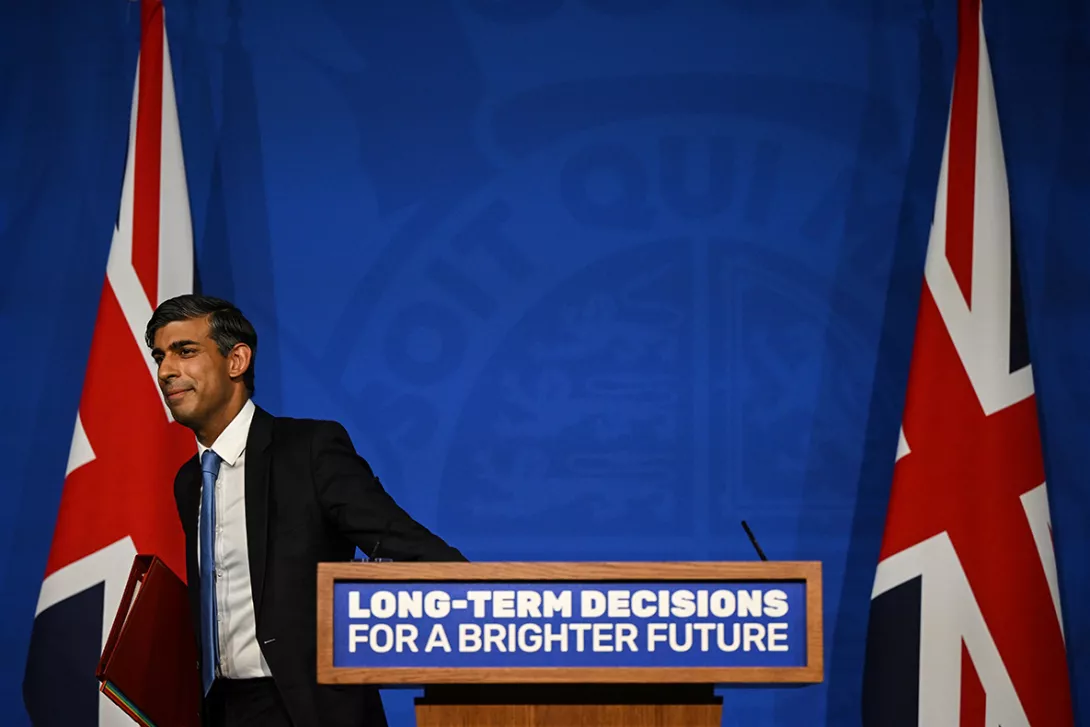
THE Prime Minister’s announcement recently that he was diluting key net-zero targets — including delaying by five years a ban on new petrol cars, weakening targets on the transition away from oil and gas boilers and scrapping a number of proposed energy efficiency requirements for landlords — was a feeble attempt to appease fossil fuel lobbyists, climate denialists and certain Tory donors in advance of a looming general election.
More worrying however is that it was a blatant attempt to create the false narrative that if we want to tackle climate change those who must ultimately pay for it are working people.
We either choose our health and our children’s futures or our jobs and keeping a roof over our heads.
More from this author
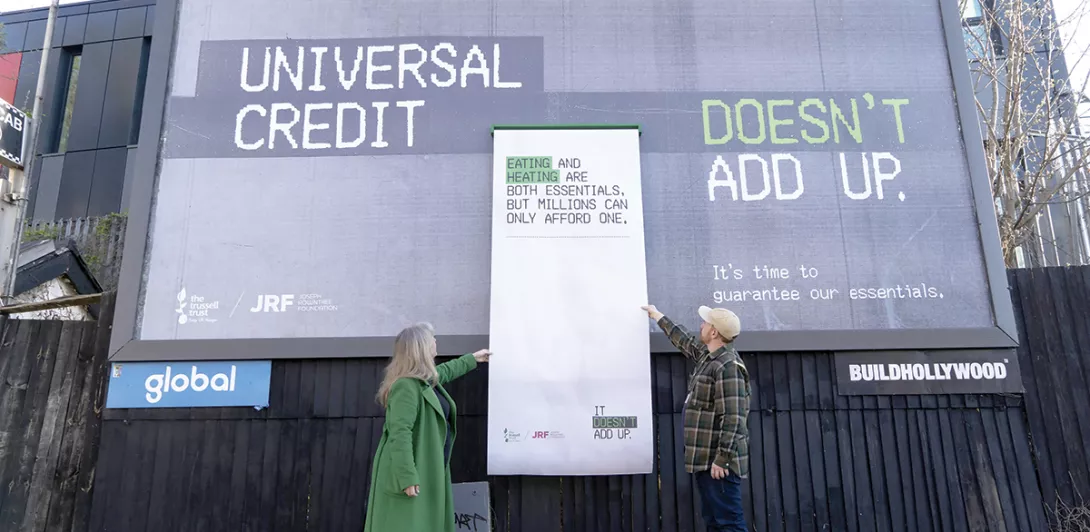
As she returns to Westminster, REBECCA LONG BAILEY MP calls on the new government to scrap the two-child benefit cap immediately to ease families’ financial strain that she sees in Salford

For decades many on the right of the political spectrum in Britain have strategically described health and safety as pointless red tape, leaving workers to suffer illness, injury and even death, warns REBECCA LONG BAILEY MP
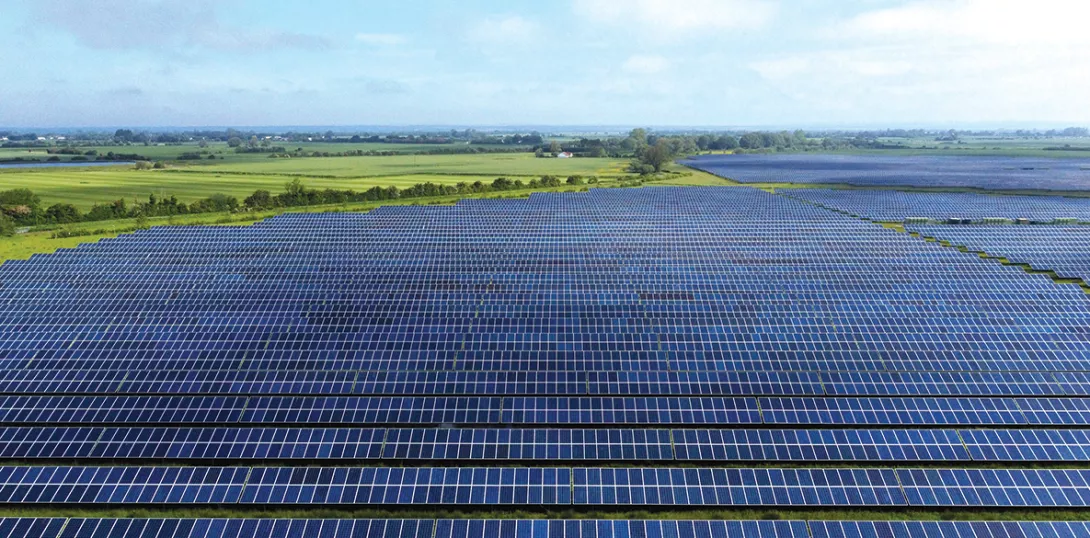
As the bills mount up for working-class people, it is madness that nationalising energy suppliers is not a central part of the conversation despite all the evidence that shows it makes sense, writes REBECCA LONG BAILEY MP
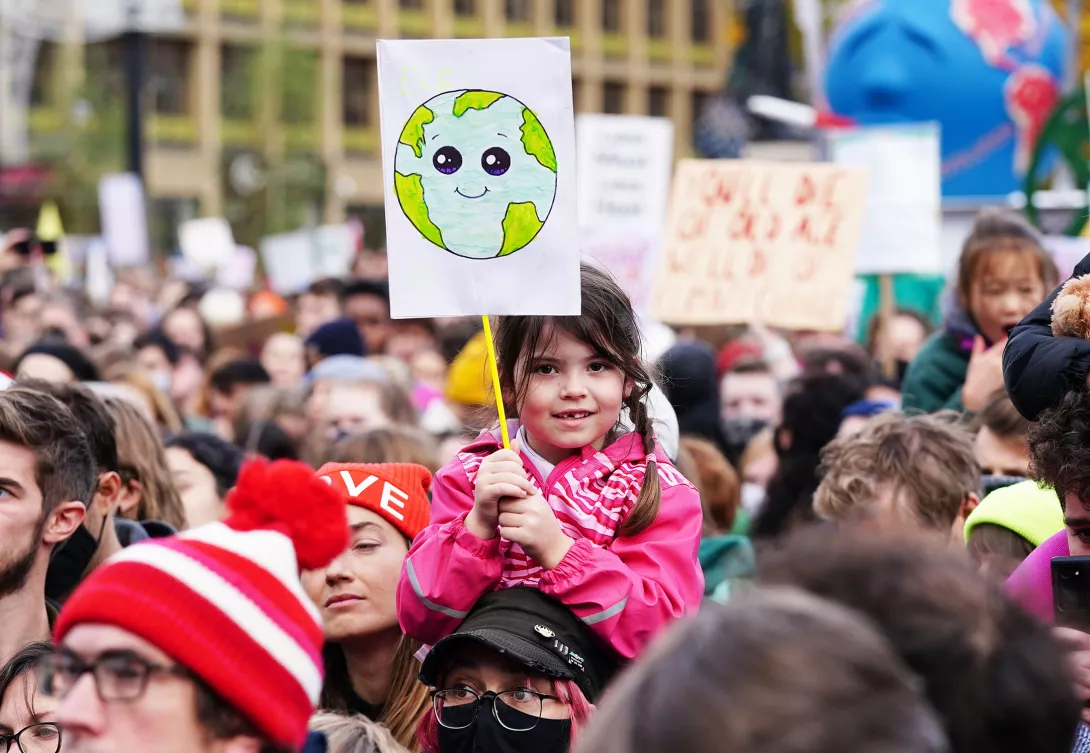
Without detailed industrial plans, a radical shift in global economic thinking and a real Green New Deal, the climate emergency will only escalate, warns REBECCA LONG BAILEY
Similar stories
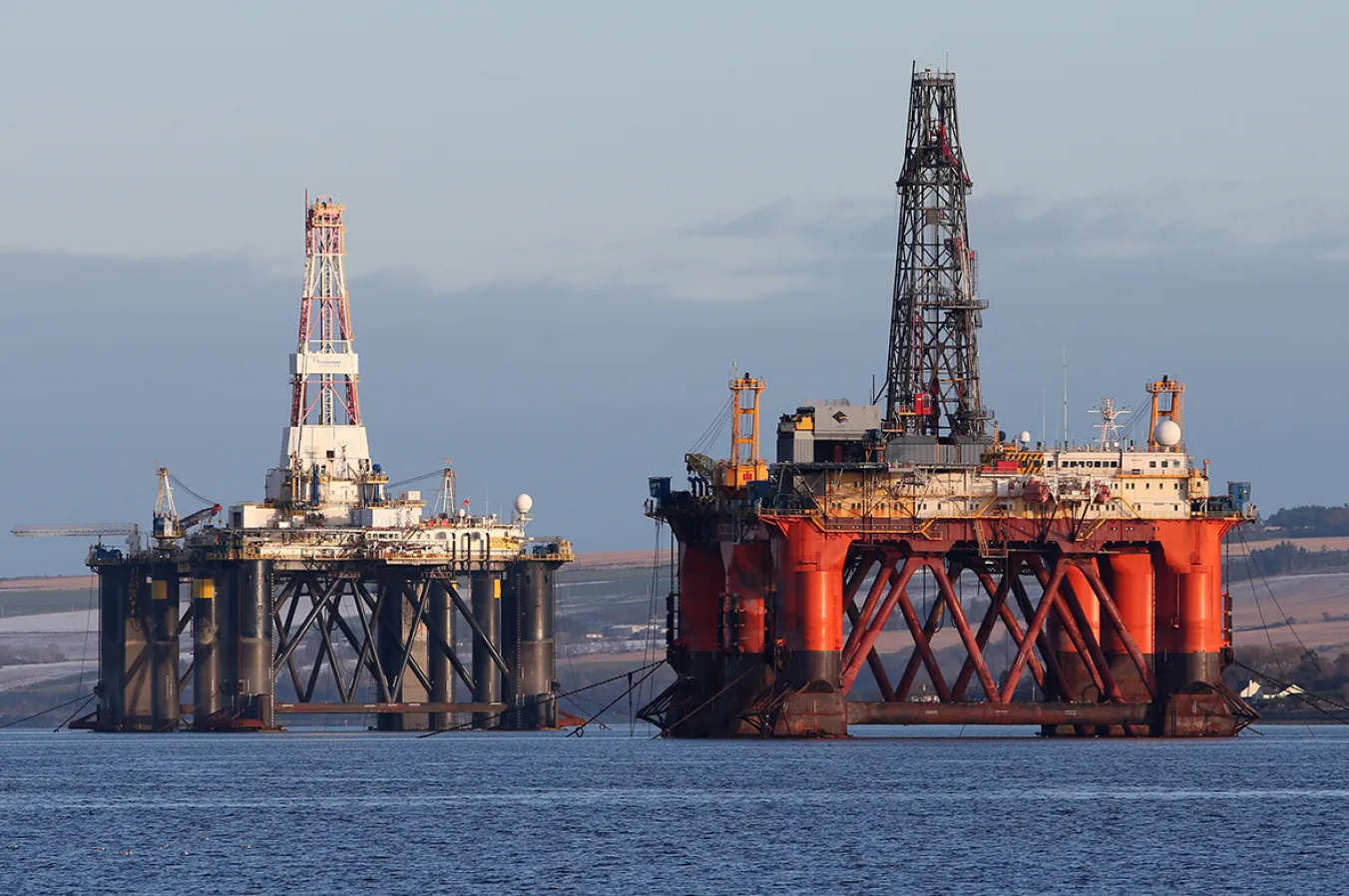
North Sea oil and gas licences may be ruled unlawful after High Court bans new coalmine
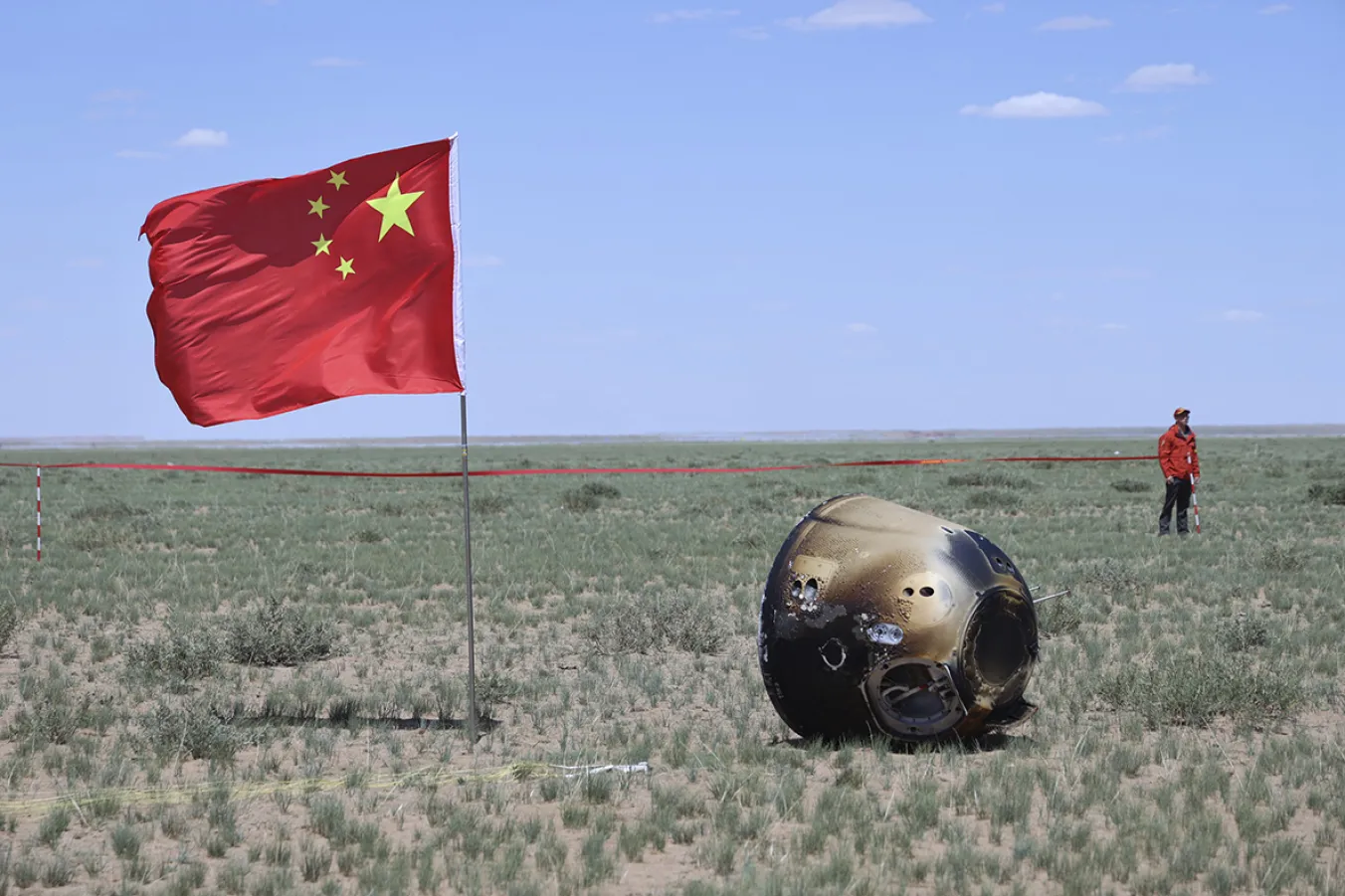
Brussels is following the US’s lead in slapping punitive duties on China’s electric vehicles, sabotaging Europe’s climate goals and economic interests to appease Biden’s anti-Beijing crusade, writes CARLOS MARTINEZ

Brussels is following the US’s lead in slapping punitive duties on China’s electric vehicles, sabotaging Europe’s climate goals and economic interests to appease Biden’s anti-Beijing crusade, writes CARLOS MARTINEZ










